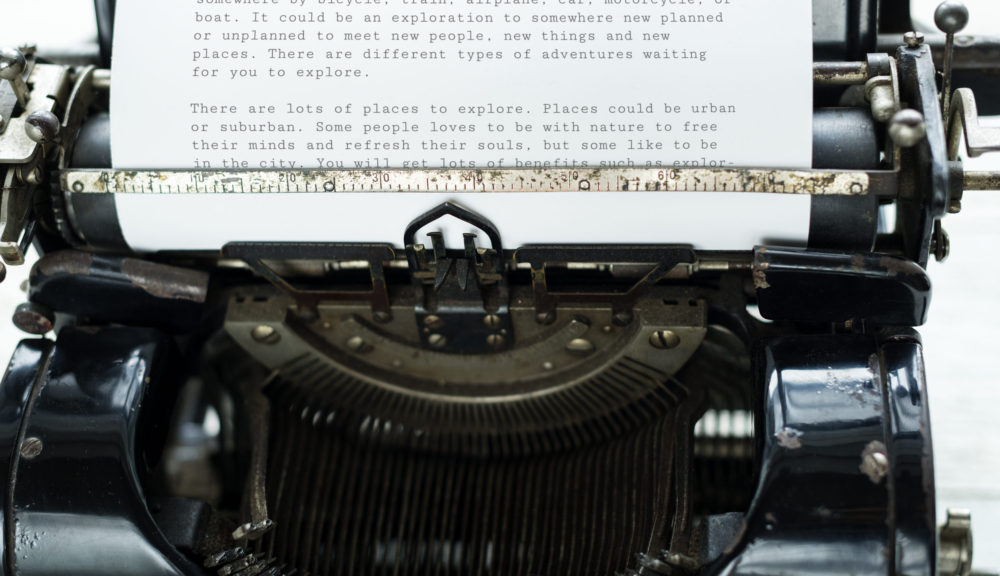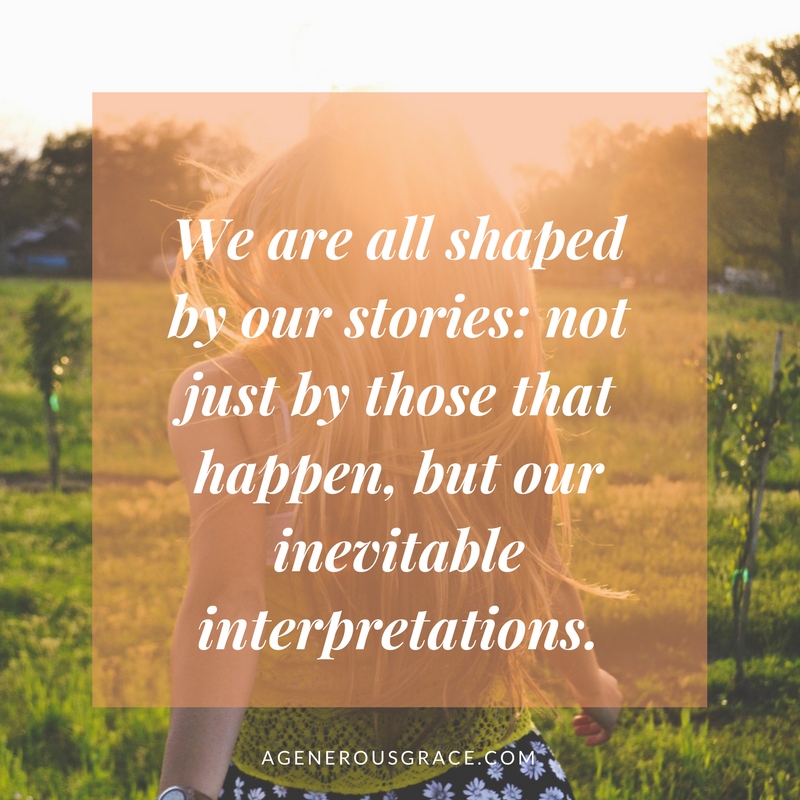
Of all the vibrancy of being in another culture this week, one of my least favorite is the language barrier. It’s as if I’m constantly stopping myself from asking the questions I want to know of people–from relating.
The late neurosurgeon Paul Kalanithi, in his bestselling When Breath Becomes Air, writes of the two areas of speech in the brain:
If both areas are damaged, the patient becomes an isolate, something central to her humanity stolen forever. After someone suffers a head trauma or a stroke, the destruction of these areas often restrains the surgeon’s impulse to save a life. What kind of life exists without language?[1, emphasis added]
Perhaps it’s melodramatic, but I’d argue the absence of each others’ stories robs us a bit of our humanity, our connectedness. We’re picking up on someone’s story just by their haircut; their tattoos; their clothes; their fingernails.
But communication is so much more than appearances, right? We want to know how old someone is, where they came from, what they fill your days with, what their relationship is like with their mother-in-law. We want to know what fires someone up, what breaks their heart.
Though it can of course be misused, there’s something to be said for simple, loving curiosity: for caring enough to understand.
Searching for the Story Line
You might argue this focus on story is because I’m a writer, and one fascinated by relationships. But really, we’re all constantly narrating our world to make sense of it. Tim Keller writes in Every Good Endeavor: Connecting Your Work to God’s Work, “People cannot make sense of anything without attaching it to a story line.”
Take my son, for example. When you learn that he’s twelve but his handwriting and spelling look like they were penned by a first-grader, you might start to write a story about his intelligence. But that would leave out the part of his story that God has written for him: profound dysgraphia. Or the fact that his character is actually far greater in the area of compassion, which I would rather him have than remember how to spell my name.
And, Keller notes, if we get the story wrong…we get our response wrong.
What We Taste
I see this in a study recently performed at MIT. Subjects were offered beer with a “secret ingredient”–which turned out to be vinegar. Of those who didn’t know what the ingredient was, 60% preferred the new, esoteric “MIT beer”. But that rate dropped to 1/3 of the tasters when the tasters knew it was vinegar. “It’s a clean demonstration that what we think is going into our mouth actually changes what we taste, down to the level of the taste buds themselves,” a professor explained.
Read: They tasted it differently based on the story they were told.
So this is where I’ve been mentally camping out lately. I’m tasting life differently based on the stories I even tell myself. (I’m not talking about positive thinking, which puts all its eggs in the basket that good things will happen [spoiler: This is not always true].)
But we attach different values based on story. Take some collector’s computers from 1977…assembled in a garage and signed inside by Steve Wozniak and Steve Jobs. Obsolete as the actual computers may be, one sold for $650,000.
Story often equals value.
The Stories We Tell Ourselves
I’m talking about what I narrate to myself–and the ways I often get the story wrong. We are all shaped by our stories: not just by those that happen, but our inevitable interpretations.

I’m particularly vulnerable to creative embroidery upon a story when I’m in conflict. I want to cast myself as the victim, or the martyr, or the righteous conqueror. Or I cast the opposing party in roles, too, and create their story (a.k.a. passing judgment).
Having been on both sides of narratives like these, I learn this:
-
In a conflict, yes, the facts matter. But someone else’s experience is also keenly important.
I can’t just grapple with how I intended things: I must also encounter their narrative. What they feel is still intensely valuable, because it’s their experience of hurt. In a recent conflict I went through, both of us were incorrect about what the other person meant, once we sat down and talked about it. Both narratives were wrong! But how I meant it is only one side of the story, one narrative. And hurt is still a fact. To detach myself from understanding the story that produced their emotion, and how I contributed to hurt, can be cold and self-centered.
-
I must be vigilant about the accuracy of my stories.
We frequently rehearse our stories and rationales: She’s just that kind of person. He never really sees me. Everything about this is wrong. I am such a third wheel here. This is all their fault. We shelter there in our stories, forming our reactions and choices there.
-
Every person totes their story around. To receive and understand his or her story is often to love them.
To love is often to be a question-asker, a safe place, an intent hearer who isn’t distracted by how the story is told, but mines for the beating heart beneath.
So join the conversation. What helps you to gather the stories around you–and keep your own stories accurate? I’d love to hear your comments.
Like this post? You might like
The Safe Place Series: Practical Tips to Becoming a Person of Refuge
Turn Here: Roadsigns to a Grateful Happiness
What I am [Slowly] Learning from My Son’s Learning Disorders, Parts I and II
[1] New York: Random House (2016), p. 109. Kindle edition.








2 Comments
Leslie D - 7 years ago
I’ve been struggling with some pretty tough envy the last few years and every time I see something that evokes that emotion, I have to remind myself that I am writing an assumed narrative for this stranger I am envying. Sure, they may possess this one thing I am struggling with, but I am assuming the remainder of their life mirrors everything else I love about mine. It’s so fascinating the way we can interpret someone or some experience to be completely different than the reality or intention! I also think the quote about “stop seeing the worst in others and assuming they see the best in you,” is so pertinent to where we are today. We’re so quick to fall back on our story when one of our own faults is exposed, but don’t consider the story a stranger may tell; our stories matter!
Janel Breitenstein - 7 years ago
Leslie, I feel like your comment is so insightful. Back in social psych in college, it was noted that we tend to attribute our own shortcomings to our circumstances, but others’ to character! Thanks for your authenticity and wisdom here. I really resonate.